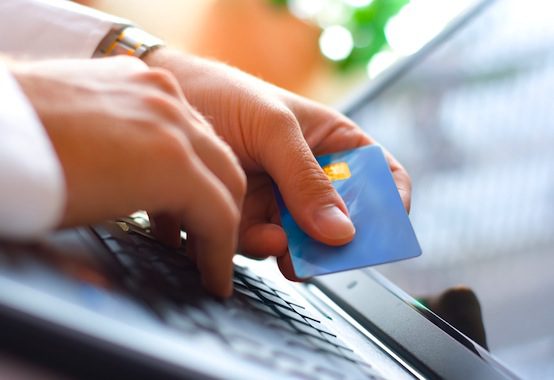Frugality in a Cashless Society

Derek Thompson addressed some of the psychological impacts of digital transactions in an Atlantic article this morning. He believes our “cashless society” makes us careless of our finances:
“Research has shown that people who own more credit cards spend more over all; more in specific stores; more at restaurants; more on tips at restaurants … there are hundreds of studies on the effect of credit cards on spending, and the vast majority of them find that, all things equal, we put more on plastic.”
Beyond the realm of credit, overdraft on debit cards has increased over the past few years: Bloomberg reported yesterday that consumers paid $32 billion in overdraft fees in 2012. According to a study by the U.S. Consumer Financial Protection Bureau, those with overdraft coverage are more likely to pay hundreds of dollars of fees every year and have their checking accounts closed than those who decline coverage.
It appears that our “cashless society” could indeed make us less sensitive to the balances of our bank accounts. Though even checkbooks present the risk of carelessness, unless we dutifully balance our transactions, innovations in how we transact, at the very least, make it easier to spend money. That’s a good thing, except in the case of credit cards it’s borrowed money that’s being spent.
While throwing out credit or debit cards is probably unwise, it wouldn’t hurt consumers to use more cash. Coins and bills may seem archaic and frustrating, but physical money prevents instantaneous gratification. It also gives consumers a tangible sense of how much money they have. As Thompson notes, “The downside of counting money is that it takes time and effort. The upside is that it takes time and effort. That makes it more memorable. Cards make us forget we’re dealing with money.”
In addition, having someone steal $100 worth of cash from your wallet is less damaging than having someone steal your identity. In the age of card fraud, cash has its upsides.
One important caveat is that credit card use appears to be declining in America. “The level of credit card debt is going nowhere, and is actually falling in real terms,” Felix Salmon wrote last September.
Some of that decline has to do with the rise of mobile payments. One popular and successful example is the Starbucks mobile wallet, which enables consumers to buy coffee by simply scanning their smart phone. Although U.S. mobile payment systems are messy and off to a slow start, mobile banking is very popular in Africa. Dave Birch, director of Consult Hyperion and an expert on the cash-free shift, believes that “in a few years’ time credit cards will become a fallback payment method and that phones become the winner.”
Comments